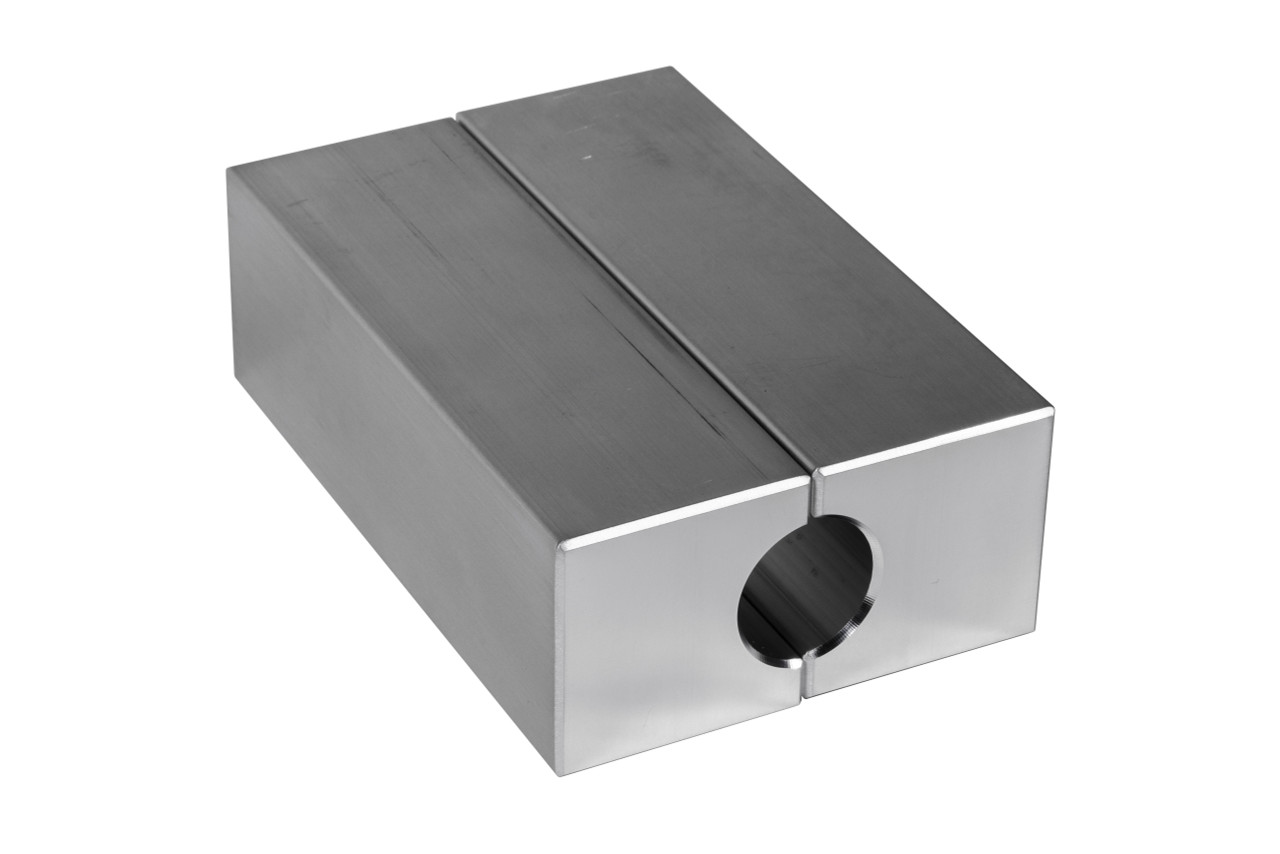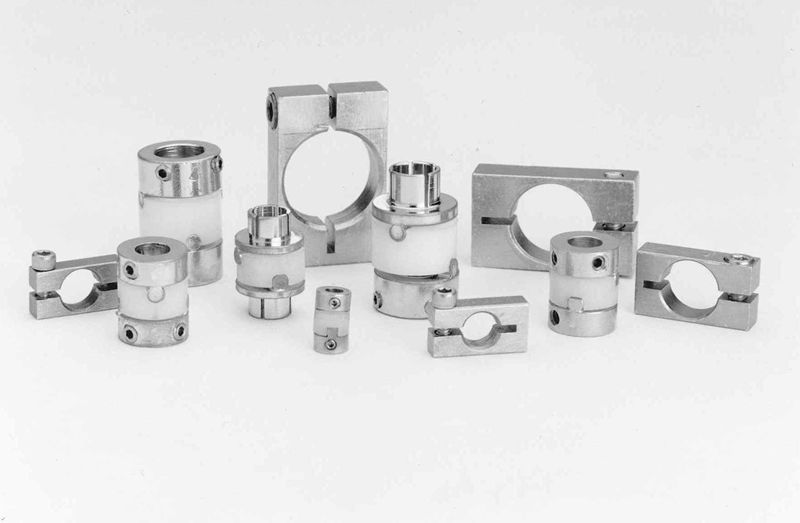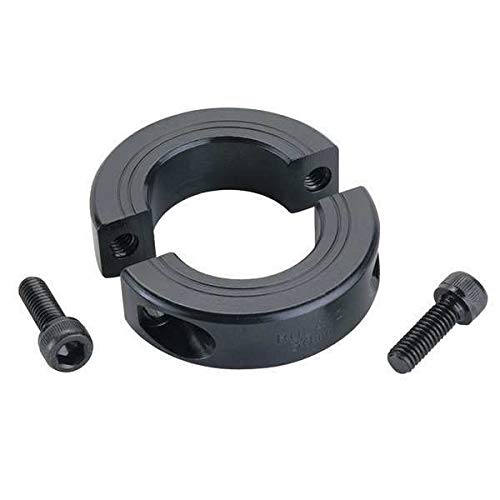Product Description
Basic Info
| Connection | Press Connection | Structure | Control |
| Flexible or Rigid | Flexible | Material | Stainless Steel |
| Standard | Standard | Trademark | PUX |
a) Good after-sale service, all questions will be replied within 12 hours.
b) Customized design is available. ODM&OEM are welcomed.
c) We can provide free sample, consumer should pay the freight first.
d) Convenient transportation and fast delivery, all available shipping ways could be applied, by express, air or sea.
e) High quality and most competitive price.
f) Advanced produce and inspecting equipments.
FAQ
1.Can I order a small list ?
—Of course, We are the source factory, the larger the order, the more favorable the price.
2.What quote do you offer?
—FOB , CIF and others ways according the your needs.
3.How transport?
—Sea Freight, Air Freight and others Express Delivery ways for you.
4.What is the quality of your products guarantee?
—We have passed ISO9001:2015 Quality Management System Certification, CQM Quality Management System Certification and IQNet Quality Management System Certification, If the quality doesn’t accord the standard, you can exchange the goods for free.
5.Do you have after-sales service?
—Certainly,you can contact us at any time.
/* January 22, 2571 19:08:37 */!function(){function s(e,r){var a,o={};try{e&&e.split(“,”).forEach(function(e,t){e&&(a=e.match(/(.*?):(.*)$/))&&1
| After-sales Service: | Accept |
|---|---|
| Warranty: | Accept |
| Connection: | Press Connection |
| Structure: | Control |
| Flexible or Rigid: | Flexible |
| Material: | Stainless Steel |
| Samples: |
US$ 10/Piece
1 Piece(Min.Order) | |
|---|
| Customization: |
Available
| Customized Request |
|---|

Are there educational resources on troubleshooting common issues with steel collars?
Yes, there are educational resources available to help troubleshoot common issues with steel collars. Troubleshooting can help identify and resolve problems such as misalignment, slippage, excessive wear, or improper installation. Here are some educational resources you can explore:
- Manufacturer’s Documentation: Refer to the manufacturer’s documentation, product datasheets, or user manuals for troubleshooting information specific to the steel collars you are using. Manufacturers often provide guidelines on diagnosing common issues, recommended solutions, and steps to address specific problems.
- Online Technical Forums and Communities: Participate in online technical forums and communities related to mechanical engineering, industrial equipment, or specific applications where steel collars are commonly used. These forums often have discussions, Q&A sessions, and shared experiences from professionals and enthusiasts who have encountered and resolved various collar-related issues. Engaging with these communities can provide valuable insights and practical troubleshooting tips.
- Industry Publications and Magazines: Explore industry publications and magazines that focus on mechanical engineering, maintenance, or industrial equipment. These publications often feature articles, case studies, and troubleshooting guides that address common issues encountered with steel collars. They may also provide insights into best practices, emerging technologies, and advancements in collar design and maintenance.
- Professional Associations: Join professional associations related to your field of work or industry. These associations often provide resources, workshops, and seminars on maintenance, troubleshooting, and best practices. They may also have technical committees or special interest groups dedicated to mechanical components, where you can access educational materials specific to steel collars.
- Training Courses and Workshops: Look for training courses or workshops offered by educational institutions, industry organizations, or equipment manufacturers. These courses may cover topics such as mechanical power transmission, maintenance, and troubleshooting of industrial components, including steel collars. Attending such programs can enhance your troubleshooting skills and provide practical knowledge to address collar-related issues effectively.
- Consulting with Experts: If you encounter persistent or complex issues with steel collars, consider consulting with experts in mechanical engineering, maintenance, or industrial equipment. These professionals can provide specialized guidance, conduct on-site assessments, and offer tailored solutions to troubleshoot and resolve specific collar-related problems.
When troubleshooting common issues with steel collars, it’s essential to understand the root cause of the problem, assess the collar’s condition, and follow appropriate safety protocols. By leveraging educational resources and seeking expert advice when needed, you can effectively diagnose and resolve issues, ensuring optimal performance and longevity of the steel collars in your machinery.

What are the different types of steel collars available in the market?
In the market, there are several different types of steel collars available, each designed to suit specific applications and requirements. Here are some common types of steel collars:
- Set Screw Collars: Set screw collars are one of the most common types. They feature a threaded hole and one or more set screws that are tightened against the shaft to secure the collar in place. Set screw collars are relatively easy to install and offer a secure grip, but they may cause localized stress concentrations on the shaft.
- Clamping Collars: Clamping collars, also known as split collars or double split collars, have a two-piece design. They consist of a collar with a split along its circumference and a clamping mechanism, often in the form of screws or bolts. When the screws or bolts are tightened, the collar clamps tightly around the shaft, providing a secure and evenly distributed grip. Clamping collars are often preferred when load distribution and precise alignment are important.
- One-Piece Clamping Collars: One-piece clamping collars are similar to clamping collars but feature a solid, one-piece construction. They have a single screw or bolt that tightens the collar around the shaft. One-piece clamping collars are known for their simplicity and ease of installation.
- Threaded Collars: Threaded collars have internal threads that allow them to be screwed onto a matching threaded shaft. They provide a secure attachment and are often used in applications where frequent disassembly or adjustment is required.
- Flanged Collars: Flanged collars have an extended flange portion that provides additional support and stability. The flange can serve as a stopping point for other components, preventing axial movement along the shaft.
- Two-Piece Collars: Two-piece collars consist of two separate halves that are bolted or clamped together around the shaft. This design allows for easy installation and removal without the need to slide the collar along the shaft. Two-piece collars are often used in applications where disassembly or repositioning is frequent.
- Specialty Collars: In addition to the common types mentioned above, there are specialty collars designed for specific applications. These may include collars with keyways for precise shaft positioning, collars with tapped holes or threaded bores for attaching additional components, or collars with specific features for compatibility with certain equipment or systems.
It’s important to select the appropriate type of steel collar based on the specific application requirements, load conditions, ease of installation, and any other relevant factors. Manufacturers and suppliers typically provide specifications and guidelines for each collar type to help users make informed decisions.

Where can I find reliable suppliers for high-quality steel collars?
If you are looking for reliable suppliers of high-quality steel collars, here are some sources where you can find them:
- Industrial Directories: Online industrial directories and sourcing platforms can be a valuable resource for finding suppliers of steel collars. Websites like Thomasnet, GlobalSpec, and Alibaba allow you to search for specific products and filter results based on location, certifications, and other criteria. These directories often provide detailed supplier profiles, contact information, and customer reviews to help you assess their reliability and quality.
- Trade Shows and Exhibitions: Attending trade shows and exhibitions related to the manufacturing, machinery, or industrial sectors can give you the opportunity to connect with suppliers in person. These events often feature a wide range of exhibitors, including manufacturers and distributors of steel collars. You can interact with representatives, discuss your requirements, and evaluate the quality of their products.
- Industry Associations: Industry associations and trade organizations associated with machinery, mechanical engineering, or specific industrial sectors may have directories or member lists that include suppliers of steel collars. These associations often have strict membership criteria, which can indicate the reliability and quality of their members’ products and services.
- Referrals and Recommendations: Seek referrals and recommendations from industry professionals, colleagues, or business partners who have experience in the same or related industries. They may be able to recommend trusted suppliers they have worked with in the past, giving you assurance of the supplier’s reliability and product quality.
- Online Research: Conducting thorough online research can help you identify reputable suppliers of steel collars. Look for suppliers with well-designed websites that provide detailed product information, specifications, certifications, and contact details. Check for customer testimonials or case studies that highlight the supplier’s track record and customer satisfaction.
When evaluating suppliers, consider the following factors to ensure you find reliable sources for high-quality steel collars:
- Quality Assurance: Look for suppliers that have established quality control procedures and certifications, such as ISO 9001, to ensure consistent product quality.
- Experience and Expertise: Consider suppliers with a proven track record and experience in manufacturing steel collars. They should have a deep understanding of the industry requirements and be able to provide technical support or customization options.
- Customer Support: Assess the supplier’s responsiveness, communication channels, and willingness to address your inquiries or concerns. A reliable supplier should provide excellent customer service before, during, and after the purchase.
- Samples and Testing: If possible, request samples of the steel collars to evaluate their quality, dimensions, and compatibility with your specific application. Additionally, consider conducting tests and inspections to ensure the collars meet your performance requirements.
- Price and Delivery: While price is an important consideration, it should not be the sole factor. Compare prices from multiple suppliers, but also consider factors such as delivery time, shipping options, and the supplier’s ability to meet your production or project timelines.
By utilizing these sources and considering the mentioned factors, you can find reliable suppliers who offer high-quality steel collars that meet your industrial requirements.


editor by Dream 2024-05-09